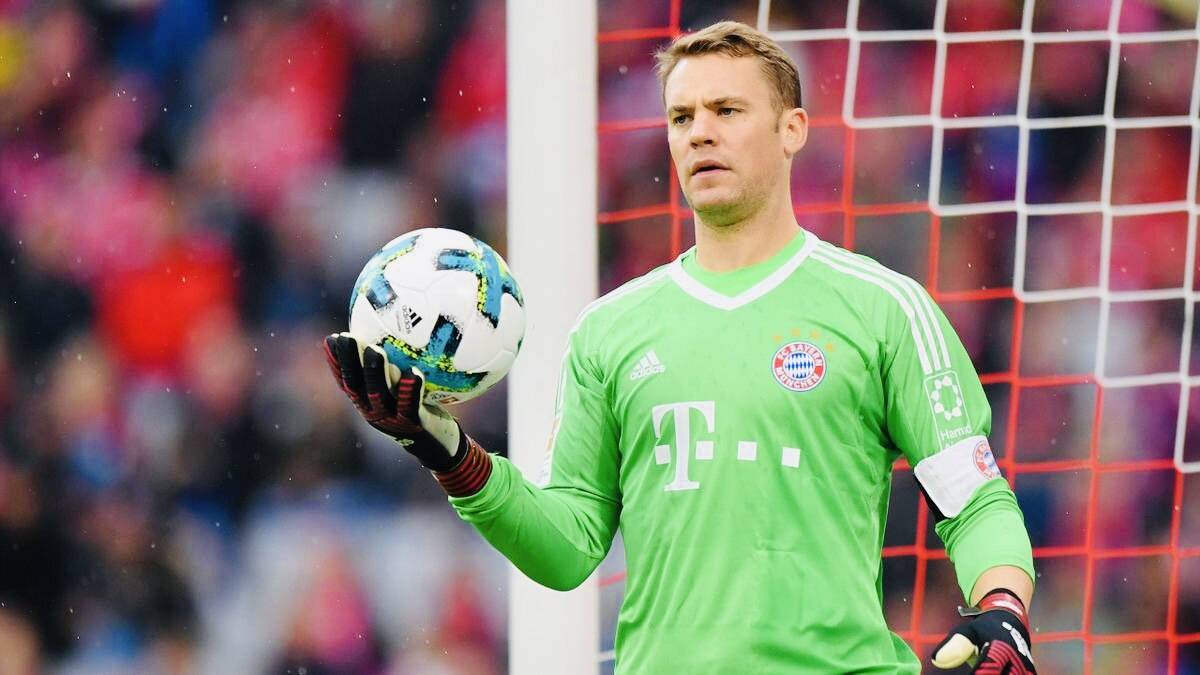A few years back, Manuel Neuer, the famous German goalkeeper, found himself in a rather awkward situation when he accidentally left his wallet in a taxi. The wallet wasn’t just an ordinary one; it contained a hefty sum of €800, his ID, and two credit cards. Realizing the value of the items, the taxi driver, in a remarkable display of honesty, decided to go the extra mile—literally. Instead of simply keeping the wallet or handing it over to a local authority, the driver embarked on a lengthy journey, traveling 120 miles to personally return the lost wallet to Neuer’s home.
When the taxi driver reached Neuer’s house and gave the wallet back, one might have expected him to receive a generous reward for his efforts. After all, he had gone well out of his way to do a good deed. Instead, Neuer expressed his gratitude by sending the driver a signed jersey as a token of appreciation. For a star footballer like Neuer, such memorabilia may have seemed like a meaningful gift, but the gesture didn’t quite sit well with the taxi driver.
The taxi driver later revealed his frustration and disappointment with Neuer’s response. He felt the signed jersey was far from adequate compensation for the effort and cost he had incurred. The driver was quite vocal about how he felt shortchanged. According to him, the trip to return the wallet had cost him around €400, which was no small sum, especially considering his personal circumstances. He mentioned that he had a family to support, with four children to feed, and the jersey simply wasn’t of any practical value to him.
"This gift is a joke," the driver reportedly said, clearly disillusioned by the situation. "The trip cost me €400. I have four children to feed. I can't do anything with this jersey. Neuer is a cheapskate!" His words reflect a sense of injustice, as he likely expected a monetary reward or at least something more useful in light of the sacrifice he had made. From his perspective, the signed jersey was more of a symbolic gesture that failed to address his real-life needs and the financial burden he had taken on to return the wallet.
While Neuer may have thought the signed jersey was a thoughtful gesture, the driver felt it was out of touch with the effort he had put into doing a good deed. To someone like Neuer, a wealthy and well-known footballer, such an item might carry sentimental value, but to the average person, especially someone with pressing financial responsibilities, it didn’t amount to much. The taxi driver’s reaction highlights how even acts of gratitude can sometimes miss the mark if they don’t align with the recipient's expectations or needs.
In the end, this story sheds light on the different ways people value certain gestures. What may seem like a generous act from one person’s perspective can be perceived as inadequate or even insulting from another’s. The taxi driver’s actions were clearly driven by a sense of honesty and duty, but his disappointment with Neuer’s reward shows that good intentions don’t always translate into satisfying outcomes. The situation serves as a reminder that expressions of gratitude should ideally take into account the circumstances of the person receiving the thanks, ensuring that they feel genuinely appreciated for their efforts.




No comments yet
Be the first to share your thoughts!